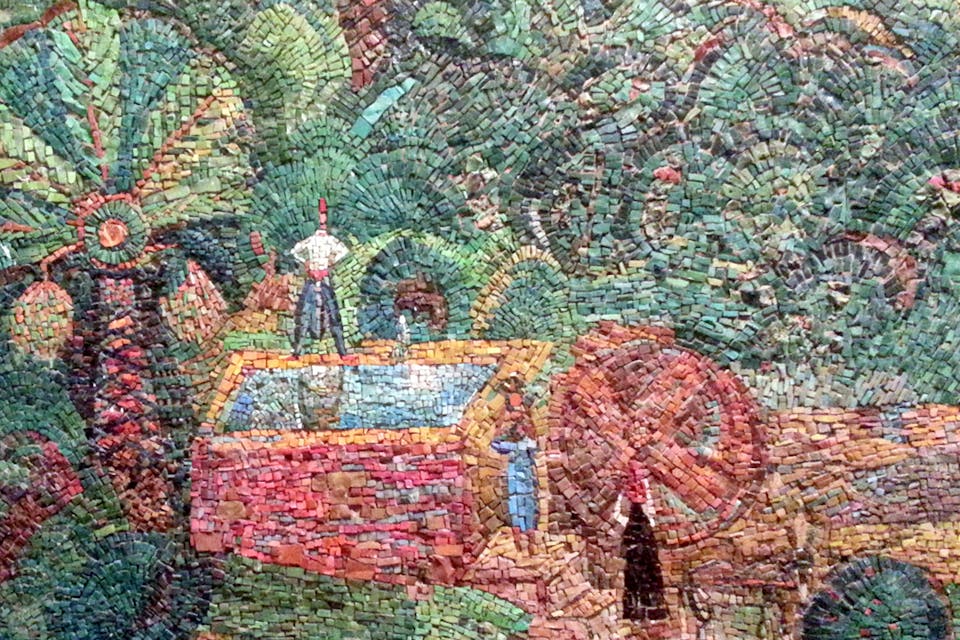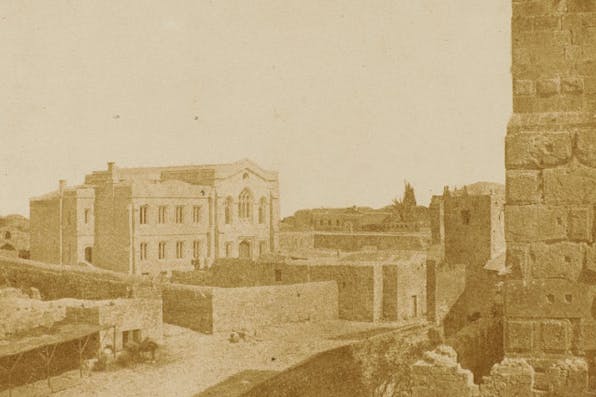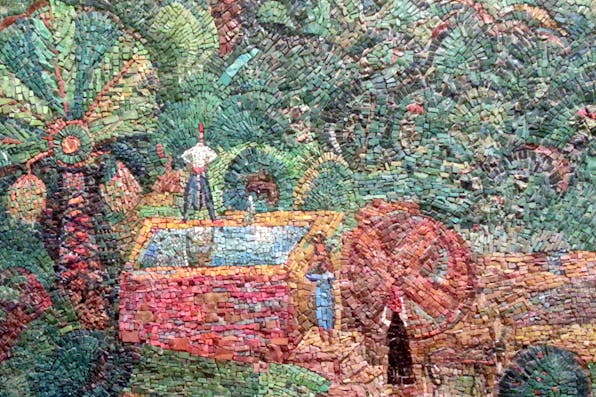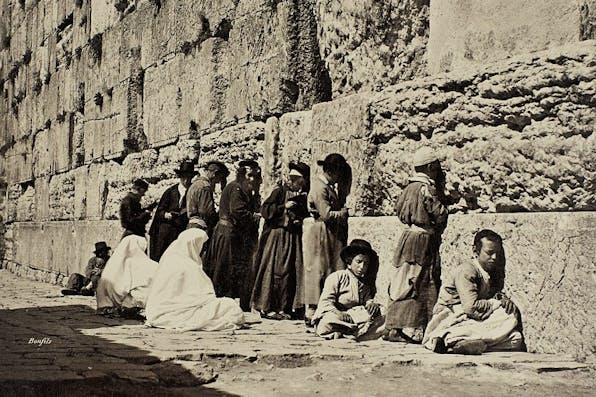
May 16, 2016
Is the Hebrew Heritage Lost?
For millions of Israelis (and others) who today write and speak the language with ease, Hebrew's grand literary legacy is a book still waiting to be opened.
Time can play odd tricks on us when we experience it as our own times—the times in which we’re living. Matters that totally possess us for a week or even a year are swiftly succeeded by others; these in turn can so occupy our lives that we lose any sense of what mattered yesterday. All the while, the months and years slide by, and suddenly we may often be quite unsure of the precise year or duration of all these momentous happenings. It’s as if we’ve been sitting too close to the screen.
But there are other ways of minding time. Walking with the help of Hillel Halkin through the tumultuous times of Yehudah Leib Gordon, one sees many of the broader patterns of modern Jewish social and intellectual history coming into focus: the works and dreams of the 19th-century East-European movement of Jewish enlightenment, the Haskalah in all of its different guises, followed by the multitudinous sea-changes that swept the region under fin-de-siècle Tsarist reaction, the Hebrew revival, Zionism, Bundism, and Yiddishism in all of their forms.
Seen at our remove, as collective ideas and movements of mass action, these may come across with a certain logic and consistency. At the same time, viewed through the microscope of a master cultural historian and literary sleuth like Halkin, the deeds and mental states of a Yehudah Leib Gordon and many of his contemporaries also take on an intense and urgent vividness. They, too, lived close to the screen; they, like us in real time, were struggling to steer a straight path through the vortices of unfolding events—to make coherent sense of them and to chart a way forward.



